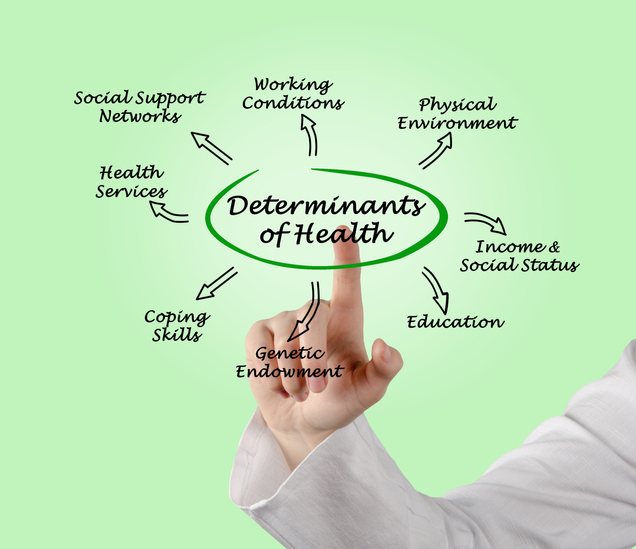Social Determinants of Health in Workers’ Comp Claims
Socioeconomic status like age or housing, personal factors including finances and transportation, physical demands of employment and access to appropriate healthcare are all factors that can affect an injured worker’s recovery and potential return to work. In this session at the 2020 CLM Workers’ Compensation and Retail, Restaurant & Hospitality Conference, panelists discussed the importance of asking the right questions and gathering the relevant information to understand barriers that may exist in the course of an injured worker’s recovery.
Speakers included:
- Marcos Iglesias, VP Chief Medical Director at Travelers
- Tron Emptage, Chief Clinical Officer WC at Optum
- David Vittoria, Senior Vice President at Carisk Partners
Workplace accidents affect the employer and productivity costs but, more importantly, they affect the injured worker and their entire family. Time away from work affects family income and the ability to meet financial obligations, creates new needs and financial difficulties and adds stress that could result in anguish, depression and anxiety. The recovery of an injured worker depends on timely and appropriate medical care as well as social determinants of health. These are the conditions or environment in which an individual is born, lives, grows, works and ages that shape their daily life and contribute to their health. This could include socioeconomic status, education, transportation, living arrangements physical activity or myriad other factors that are not captured in a medical record. Studies have shown that 80% of recovery is determined or influenced by factors outside of the clinical setting.
The same injury in two different patients may result in different outcomes. Historically, we have focused on clinical diagnosis, medications, interventions and medical treatment decisions when a patient is experiencing delayed recovery. While those factors are important, psychosocial issues are the most likely barrier to full recovery. The biopsychosocial model of health allows for a more holistic view of an individual’s health by viewing a patient through several different lenses in order to encapsulate all possible issues that could affect recovery. The social lens of this model includes social determinants of health.
If an injured employee is worried about feeding their family, retaining housing, transportation to their next medical appointment or living in an unsafe environment, they might not improve as quickly as expected or be engaged or committed to rehabilitation. The longer an injured employee is off work, the less likely they are to be rehabilitated vocationally. Developing a relationship with the patient and identifying their strengths and challenges is an important step in determining whether social barriers to recovery exist and how to overcome them. By meeting distrust, anger, fear and apprehension with empathy, validation and acknowledgement, you can create a partnership with the injured employee that will allow for progress.
Social determinants of health can be barriers to productivity and optimum health. Employers should develop a strategy to assess and address these factors. Such strategies should promote biological, psychological and social wellbeing as well as financial health and productivity.
As a claims adjuster, the questions you ask when screening an injured worker are important. Using open-ended questions like “What are your plans for returning to work?” can allow the employee to give personal and complex responses that would not be possible with a questionnaire. When listening to the employee’s answers, keep in mind the socioeconomic factors (age, education, skills) and personal factors (transportation, language, living arrangement, food, physical activity, safety) that could be affecting the response. Mental health conditions and unmet, unaddressed social issues are generally the major barriers to returning to work. The right questions can help identify what it will take to return to optimal mental and physical health.
Tips for Talking to Claimants
- Keep social determinants of health in the forefront of your mind.
- Take time to screen claimants and learn more about their recovery situations.
- Be cognizant of system obstacles.
- Know where to find resources.


